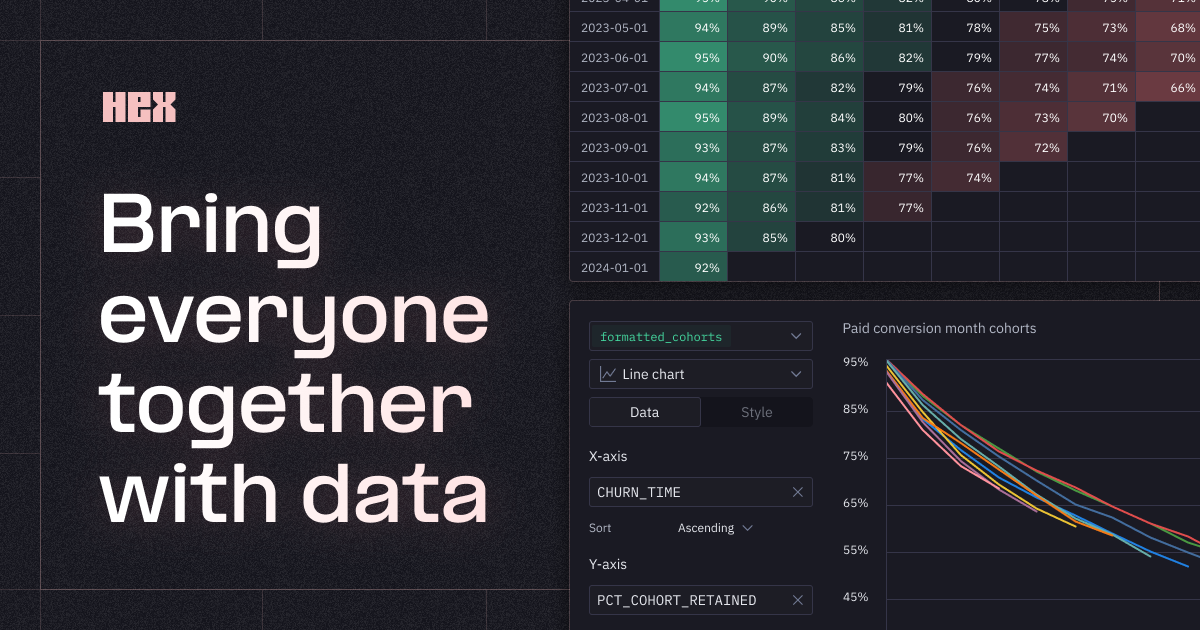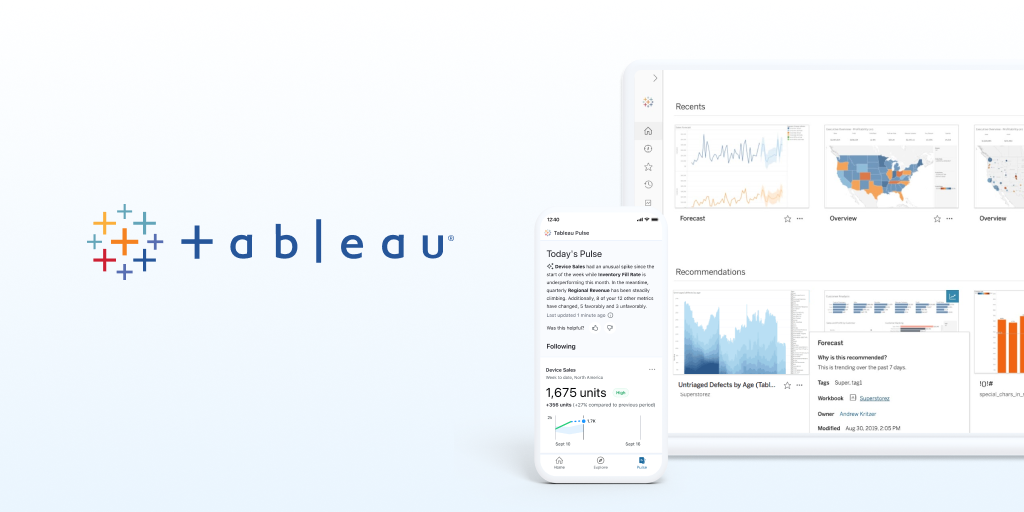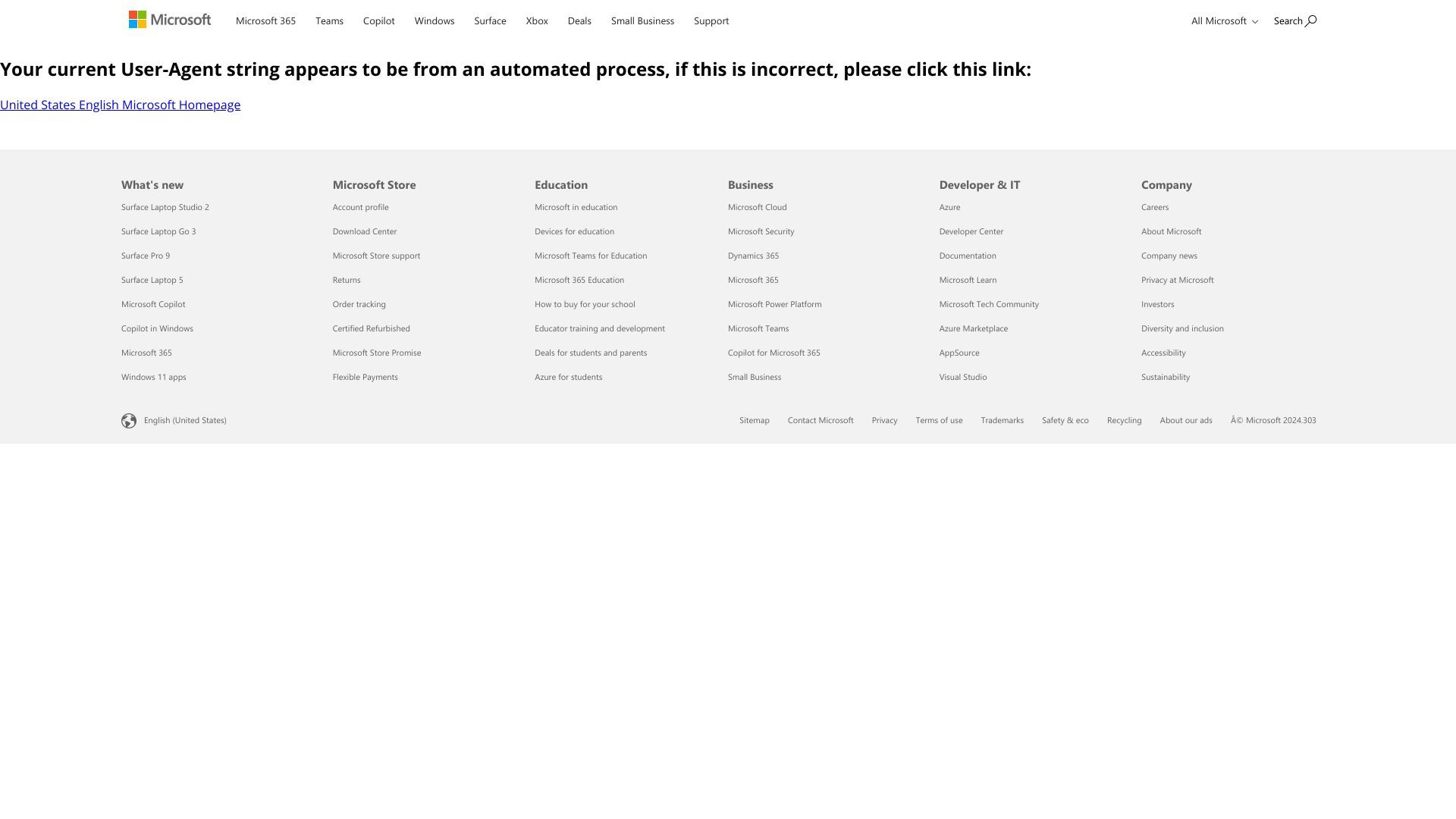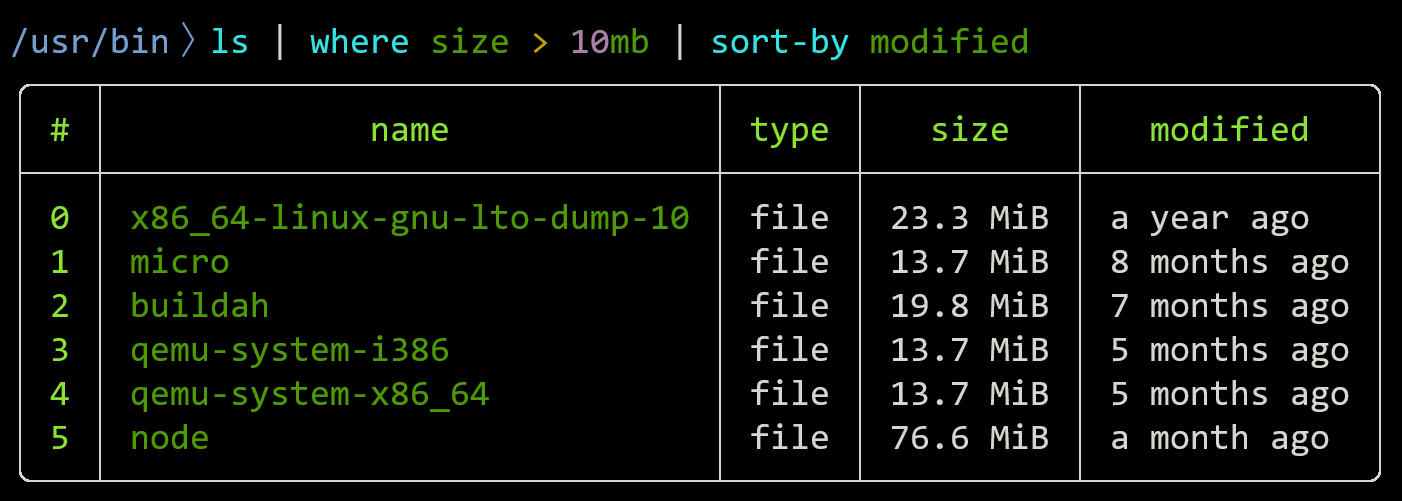Data Analysis
Data analysis has become increasingly vital for businesses due to several reasons:
- Informed Decision Making: By analyzing data, companies can gain insights into market trends, customer behavior, operational efficiency and more. This empowers them to make strategic decisions rather than relying on intuition or guesswork.
- Competitive Advantage: In today's competitive landscape, businesses that effectively harness their data have a significant advantage. They can anticipate market shifts, tailor products and services to customer needs, and optimize internal processes for better performance.
- Personalization: Data analysis allows companies to understand individual customers on a deeper level, facilitating personalized marketing campaigns, product recommendations, and customer service experiences. This not only enhances customer satisfaction but also increases loyalty and sales.
- Risk Management: Predictive analytics can help identify potential risks or threats, enabling proactive measures to mitigate them.
- Operational Efficiency: Data analysis can uncover inefficiencies in business operations, helping to streamline processes, reduce waste, and lower costs.
The metaphor "Data is the new Oil" was popularized by Clive Humby, mathematician and co-founder of World Wide Web pioneer, SAS Institute. Here's why:
- Source of Power: Just as oil fuels economic growth and transformation across various industries, data drives innovation and progress in the digital age. It powers technological advancements and enables new business models.
- Value Extraction: Crude oil needs to be refined into useful products like gasoline or plastic; similarly, raw data must be processed and analyzed to derive value. This could be in the form of insights, predictive models, or actionable intelligence.
- Wide-ranging Applications: Oil is used in many sectors - from transportation to manufacturing. Likewise, data has applications across all industries and aspects of society, including healthcare, finance, retail, education, etc.
- Economic Impact: The oil industry significantly influences global economies. In the same vein, data-driven businesses are reshaping economies worldwide by creating new markets and disrupting traditional ones.
In essence, just as oil transformed the industrial world, data is driving the digital transformation, powering innovation, and creating new opportunities for businesses across sectors.
Differentiating Data Analysis and Data Science
Absolutely, I'd be happy to explain the difference in a simple way!
- Data Analysis: This is like solving a puzzle with a specific set of pieces (data). It involves examining, cleaning, transforming, and modeling data to discover useful insights or patterns. The goal is to answer a particular question or test a hypothesis about the data.
- Imagine you're a detective investigating a crime. Data analysis would be like examining evidence (data) piece by piece to understand what happened (answer your questions). You might use tools like spreadsheets, basic statistics, and simple visualization tools for this.
- Data Science: This is more like being a chef who not only prepares meals (like data analysis does), but also grows the ingredients (collects data), designs recipes (builds predictive models), and manages the entire kitchen (manages big data systems). It's a broader field that involves not just analyzing data, but also understanding how to collect it effectively, clean it thoroughly, store it efficiently, and use advanced methods (like machine learning) to derive insights or make predictions.
- To stick with our detective analogy, Data Science would be like being a whole police department. You're not just solving one case (data analysis), but you're also setting up surveillance systems (data collection), improving forensic techniques (developing models), and managing the station's resources (managing data infrastructure).
In essence, Data Analysis is a crucial part of Data Science. You can think of Data Science as an umbrella term that encompasses Data Analysis, but also includes additional aspects like data wrangling, data architecture, and predictive modeling.






